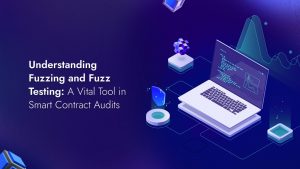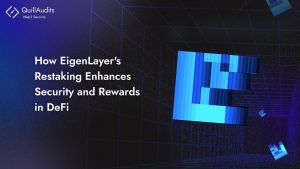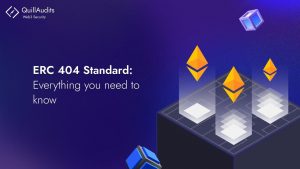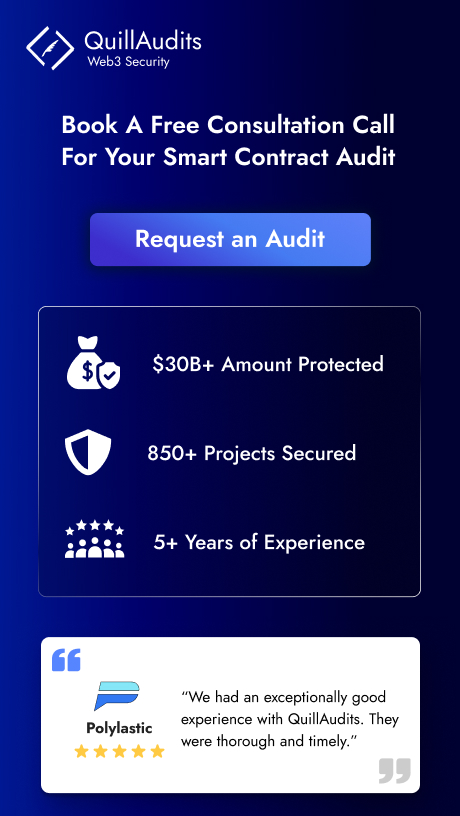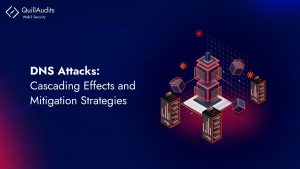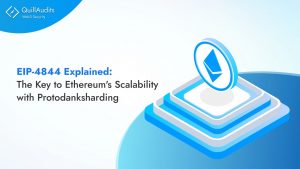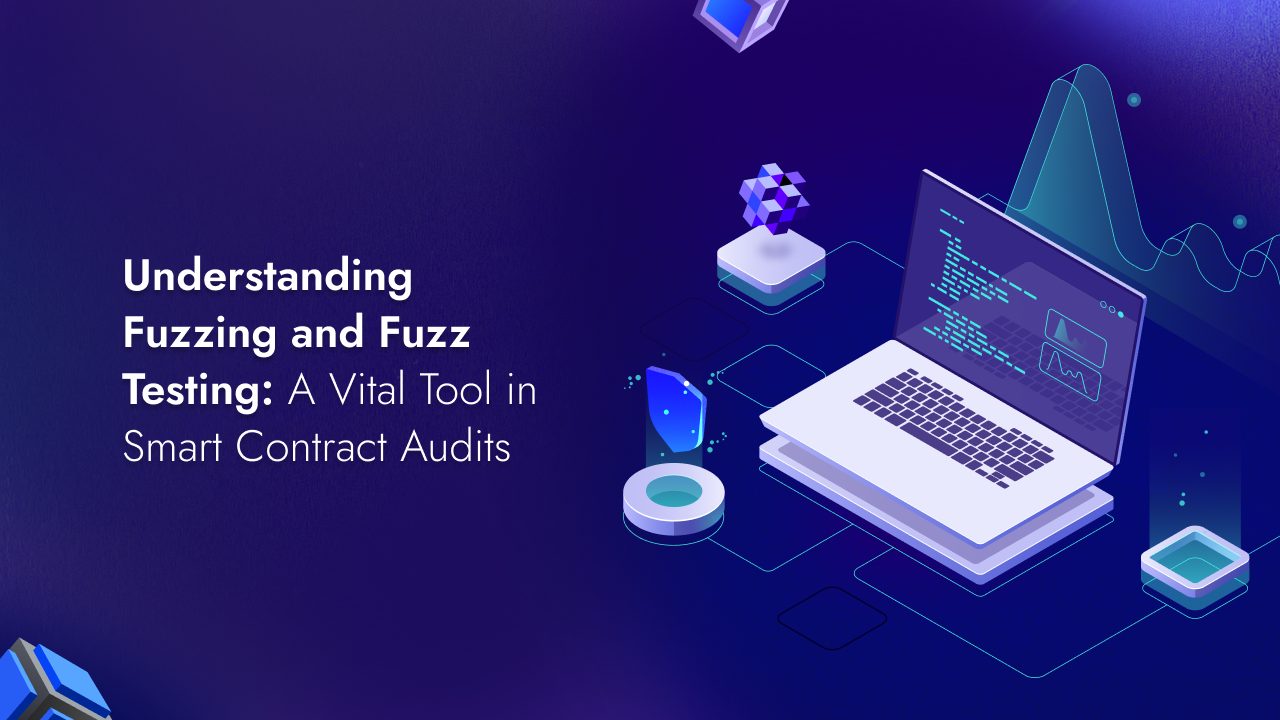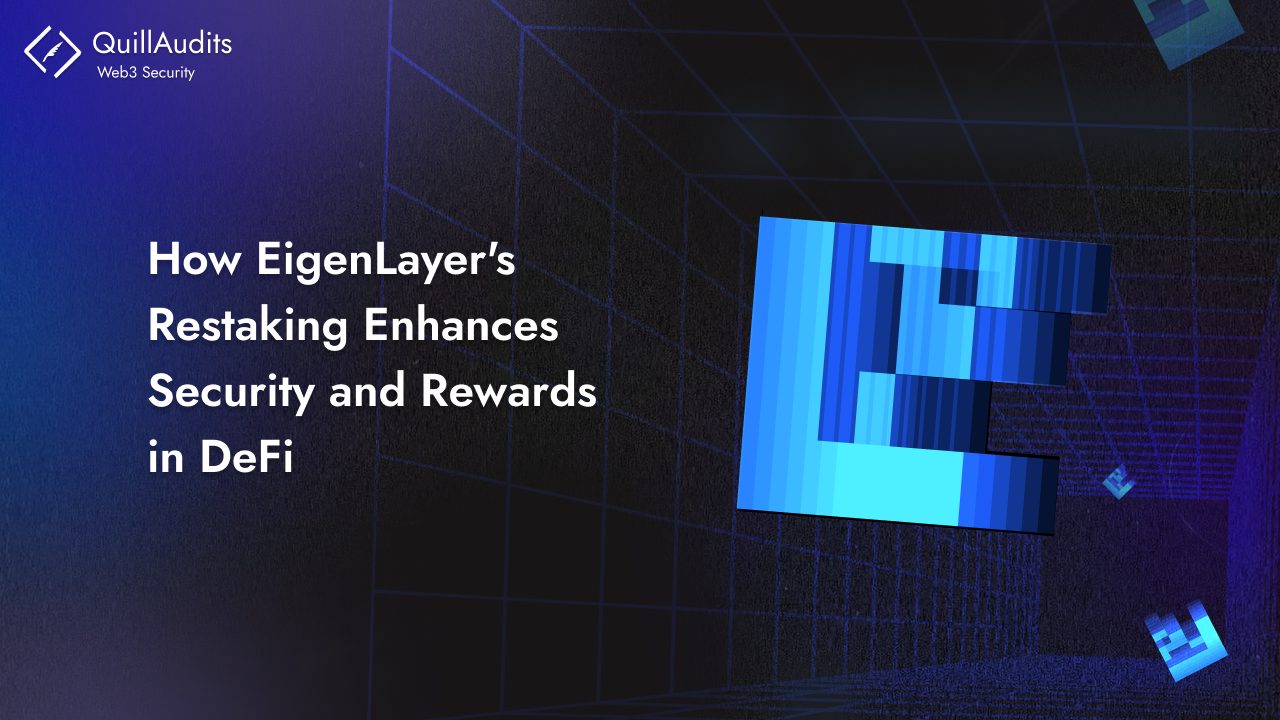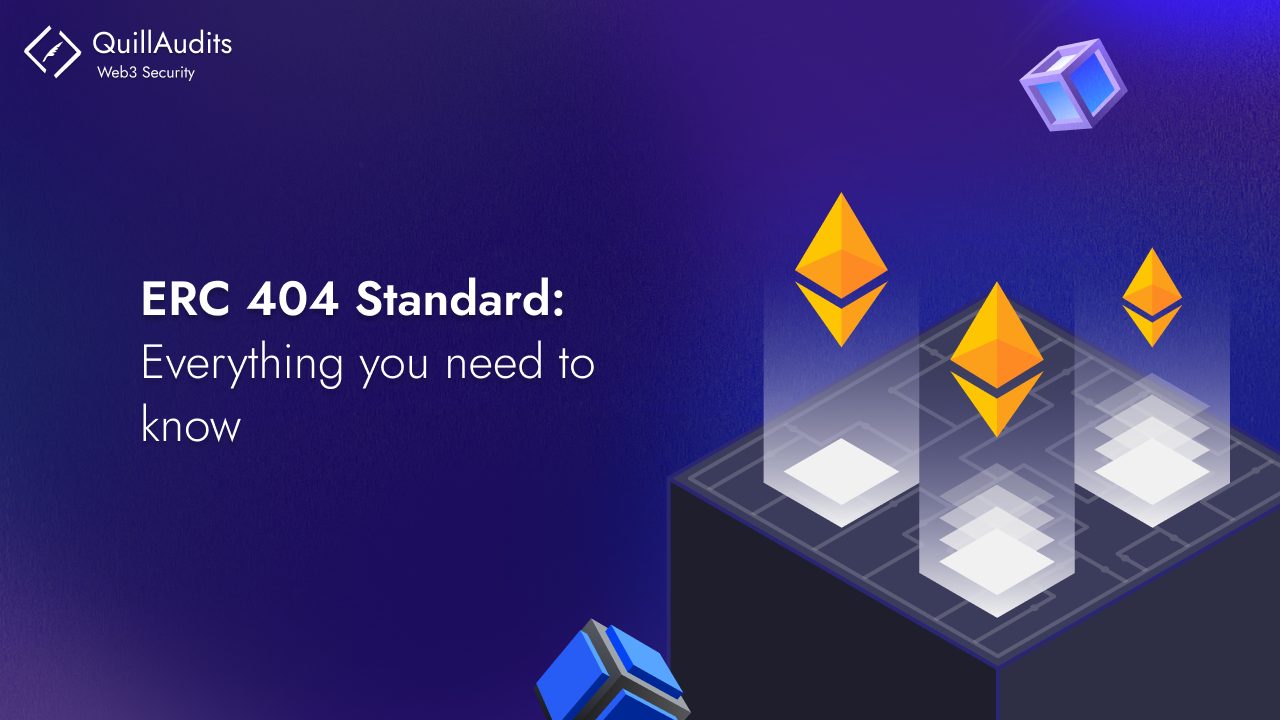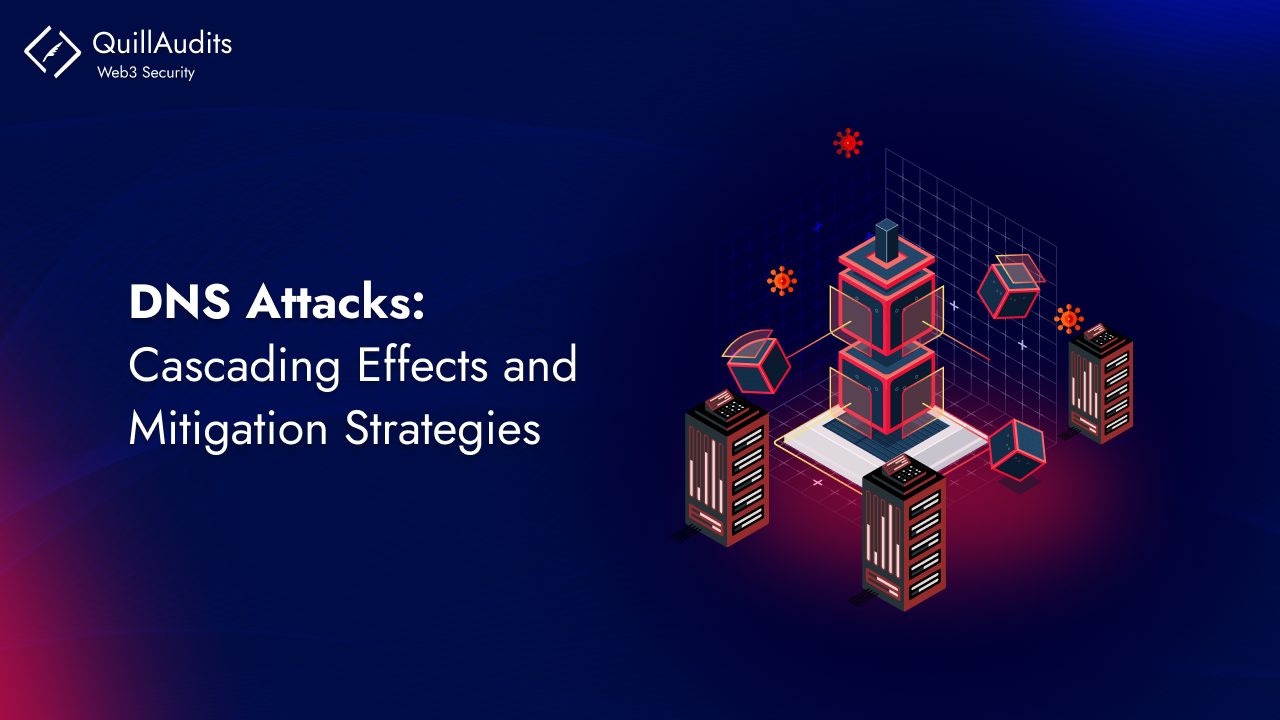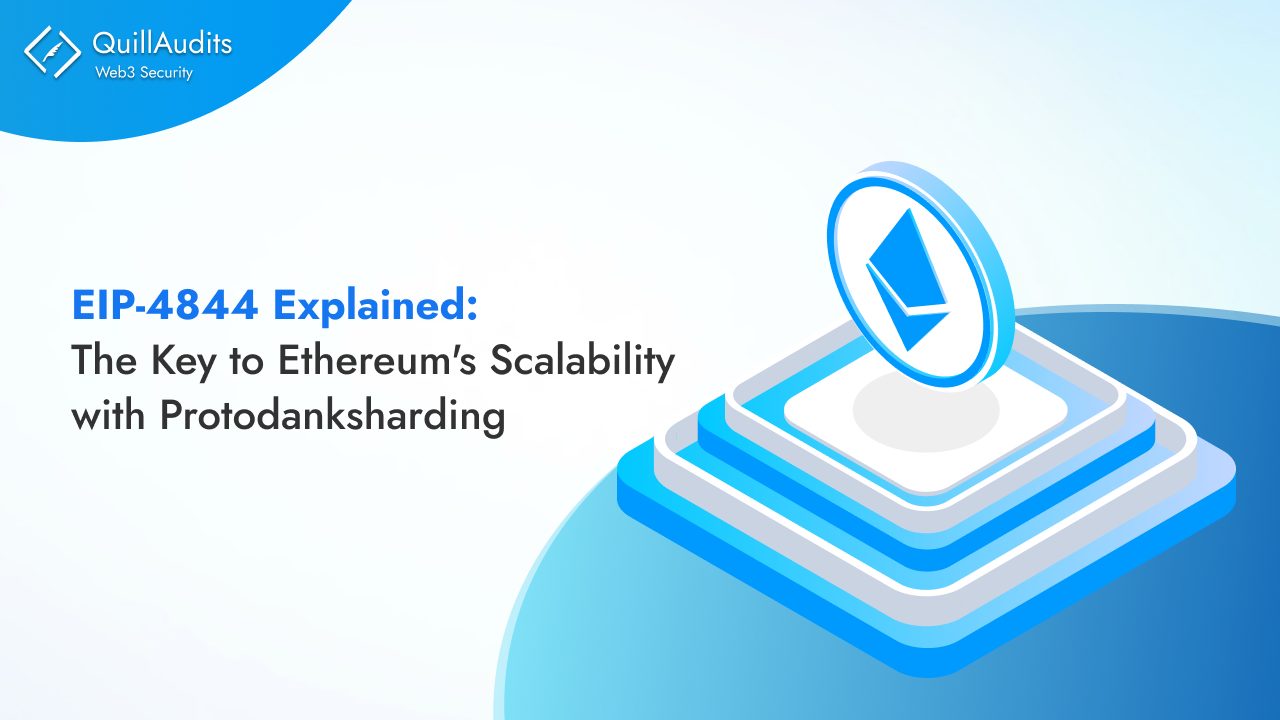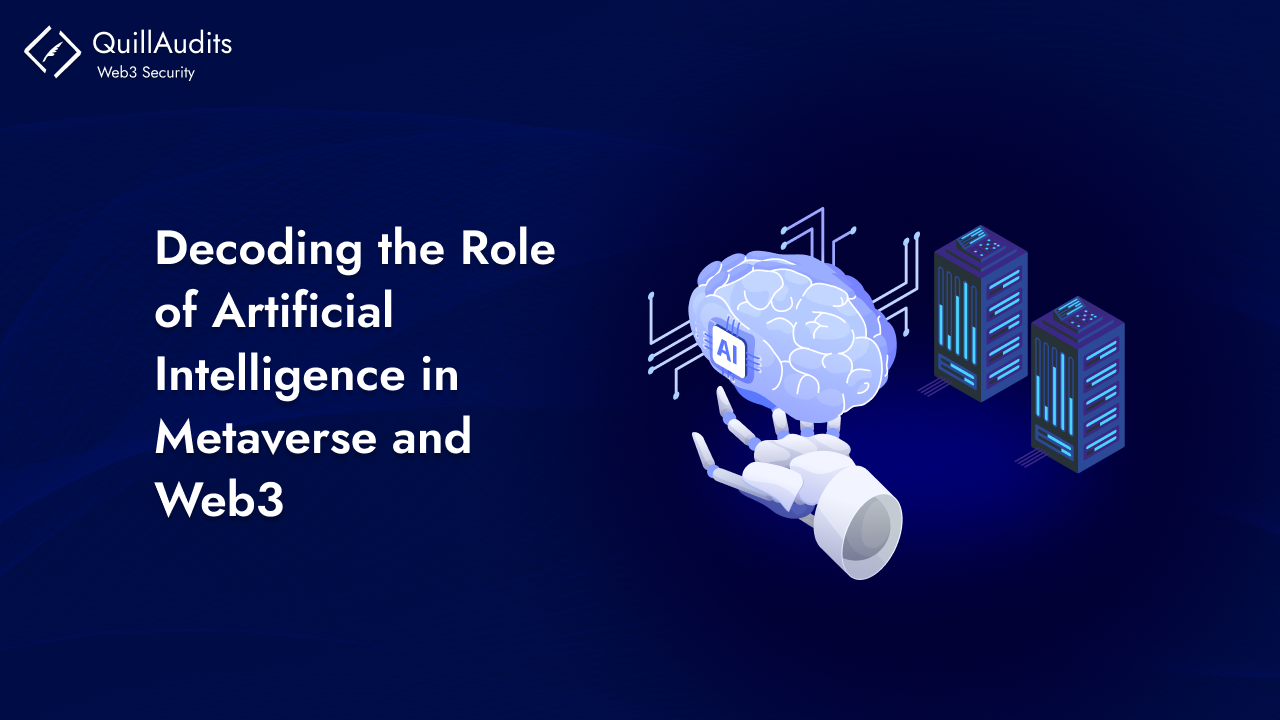Smart contracts lie at the core of decentralized networks. These are computer programs that automate the tasks in a transparent manner, while eliminating the role of middlemen. However, there is a cliché. Just a single bug may throw an entire blockchain off the rails, putting financial fortunes of everyone associated at peril. So many hacks you listen about are the outcomes of the undetected bugs in the smart contracts. This blog answers to FAQs on smart contract auditing.
Top 6 FAQs on smart contract auditing
A smart contract audit is required to detect flaws in the smart contract code. You might have several questions regarding the execution of audits. Here are six most frequently asked questions and their replies:
What does smart contract audit exactly mean?
A smart contract audit refers to detailed analysis of the code to identify security vulnerabilities, coding errors, or any other issues that may result in a malfunction. Auditors go through all these aspects and come up with their recommendations. Automated as well as manual testing is done to pick up the issues, how small or stingless they may seem.
Is the audit mandatory before a token is allowed trading on an exchange?
In most jurisdictions, the audit provides the verification required to begin trading of a new token on an exchange.
If an audit isn’t mandated via regulations, should I still go for it?
You will be well advised to conduct the audit of the smart contract in any case. Potential bugs in a smart contract might result in you or other investor losing all investment. A malfunction might result in a major loss of reputation, which is so important for any business to succeed.
An audit provides you the confidence that the smart contract is safe and ready for use. When you know that your project is free from malicious attacks, you work with your mind in peace.
What are the possible flaws in a smart contract?
Common vulnerabilities in a smart contract include re-entry attacks, timestamp dependence, integer overflow and underflow, denial of service (DoS) attacks and frontrunning.
How much time does the audit take?
Several factors have a bearing on the duration of the audit. If the token contract is a simple one, the testing and verification might be completed in a few days. However, if you want to get a complex project token audited, it might consume several weeks or even a couple months.
Though the members in the auditing team might be increased to bring down the time, it is always better to set aside enough time for the editing job. An auditing team working in a hurry might fail to detect a crucial gap or two, which you may find dear later.
You will do well to leave enough time for the audit in the smart contract development lifecycle. In the project timeline, take into account enough time for the auditing process. Earmark enough time to implement recommendations as well.
Which processes does the auditing cover?
Smart contract auditing typically covers independent assessment, verification process, detailed testing, and comprehensive reporting.
Assessment involves the team looking into the proof of concept and the code for any technical and security vulnerabilities. Objective of the verification process is to establish that the contract meets any specific requirements. Once the required changes are implemented, the contract is re-verified to ascertain that the change in the code hasn’t resulted in any new anomaly cropping up.
The final phase consists of an in-depth report that details the outcomes of the audit. It includes the vulnerabilities discovered during the various phases of the testing, the steps taken to block the gaps, and the final set of recommendations.
What is an automated audit?
Generally, automated as well manual analysis of a smart contract is conducted. As both options have their own advantages and disadvantages, the right mix is the way ahead.
In an automated audit, however, only advanced software is used to find vulnerabilities. Though this approach considerably brings down the time needed for the audit, the drawback is that the software always has its limitations. There is always the risk of false positives. Moreover, the automated tools may fail in detecting more complex security vulnerabilities.
The right approach will be to use automated analysis, when required, to save resources. However, to bring depth in the audit, human intervention is important to explore the flaws.
Closing thoughts
Smart contracts have radically changed the way business is executed, accelerating transactions, curtailing paperwork, and bringing in cost-efficiency. These sets of code can be used across industries finance, real estate, art, music, retail, supply chain, manufacturing, and more. However, unless these contracts aren’t audited, they remain vulnerable to hacking and malfunctions, which might result in irreparable loss.It is in this context that smart contract auditing becomes so important. Right choices regarding the auditor and the quality of auditing leave a major impact on the success of your project. These FAQs will help you for sure to take steps in the right direction.
Reach out to QuillHash
With an industry presence of years, QuillHash has delivered enterprise solutions across the globe. QuillHash with a team of experts is a leading blockchain development company providing various industry solutions including DeFi enterprise, If you need any assistance in the smart contracts audit, feel free to reach out to our experts here!
Follow QuillHash for more updates

